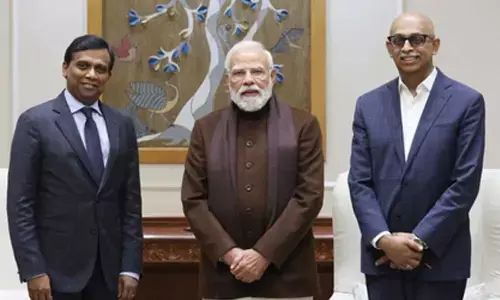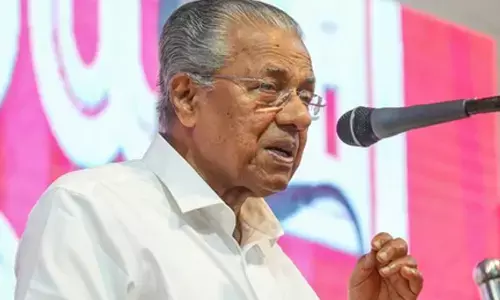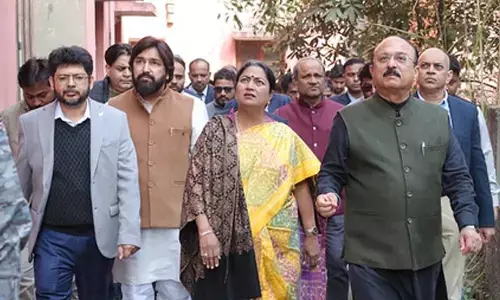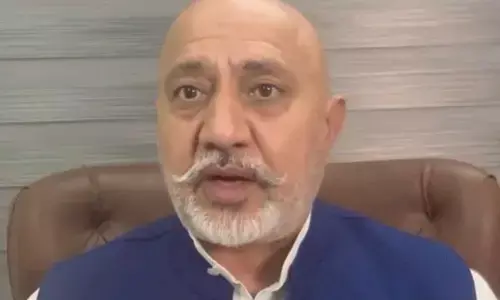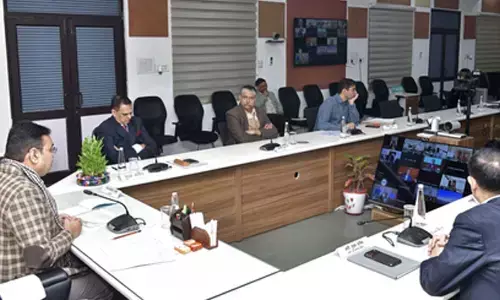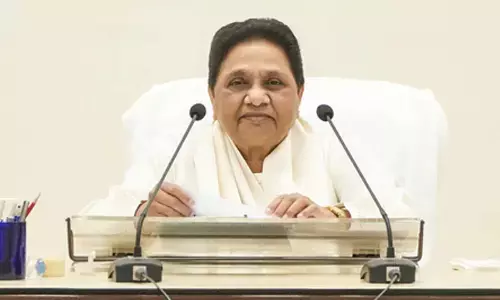Three paths to the taxation of agriculture
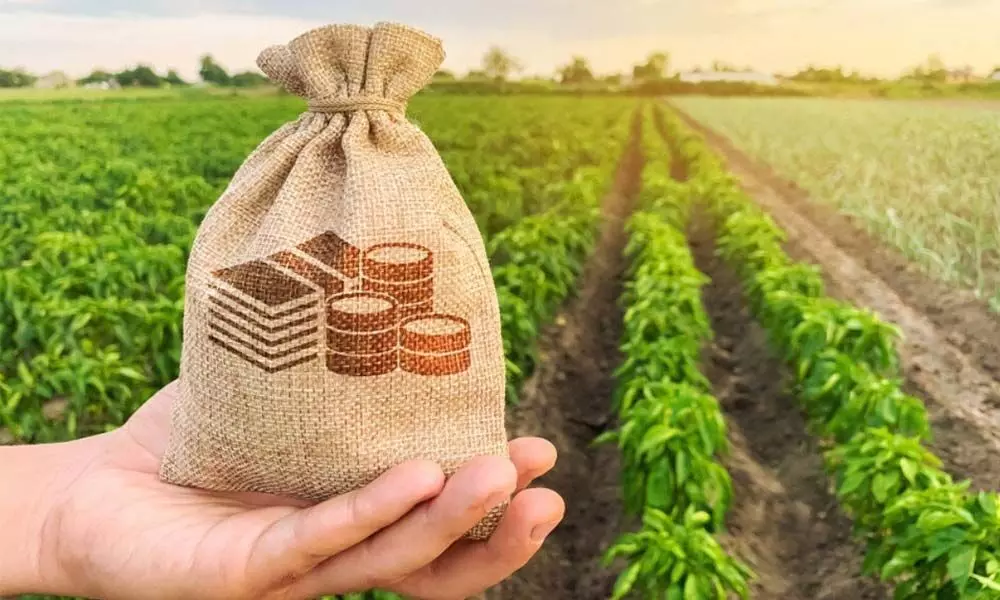
Three paths to the taxation of agriculture
It will also secure social justice because the tax collected from bigger farmers could be used to provide benefits like subsidised food grains to the poor
It will also secure social justice because the tax collected from bigger farmers could be used to provide benefits like subsidised food grains to the poor.
The United Nations Development Programme studied the agricultural taxation in four developing countries. They found that agriculture has been subject to income tax like other sectors in Kenya since 2018. Previously income tax was payable on agriculture on incomes above USD 600 per year. This limit has now been reduced to USD 108 or about Rs one lakh per year. Agriculture is similarly subjected to income tax like other taxpayers in Cameroon though it is not actually collected.
The Agriculture Income Tax Act was enacted in Pakistan in 1997 giving power to the State governments to collect income tax on agriculture. In Punjab a farmer owning more than 12.5 acres land or having an income of above Rs 37,000 Indian Rupees has to pay income tax. The UNDP says that the tendency of all developing countries is to move towards collecting income tax on agriculture.
Income tax is not payable on agricultural incomes in India. Thus, Kaveri Seeds claimed exemption of Rs 186 crore of agricultural income, Monsanto India claimed Rs 94 crore, McLeod Russel claimed Rs 73 crore, Madhya Pradesh Rajya Van Vikas Nigam claimed Rs 62 crore exemption in 2013-14. Such exemptions do not establish food security of the country because these are claimed by entities not producing food grains.
Income tax will not hit at the food security even if it were collected from the farmer because it is collected after he has produced the food grains and already established the food security of the country. The economic development of the country will also move forward because of the availability of revenue. According to a study undertaken by the National Institute of Public Finance and Policy we have a potential of collecting 1.2 percent of our GDP or Rs 3 lakh crore per year from agricultural income tax.
It will also secure social justice because the tax collected from bigger farmers could be used to provide benefits like subsidised food grains to the poor. The revenue of Rs 3 lakh crore, for example, would be sufficient to make a direct transfer of Rs 2,200 per person per year to all the citizens and more than compensate for the additional burden due to higher price of food grains. Therefore, farmers having land or income in excess of the prescribed limits should be subjected to income tax.
The UNDP has said that Ghana collects an export tax on cocoa. The amount of tax is adjusted to the difference between the domestic and international price of cocoa. This begets revenue to the government. The UNDP says that most developing countries are already collecting export taxes on agricultural produce or moving in that direction. Such export taxes beget social justice as well. The crop that would have been exported becomes available to the citizens of its own country upon the imposition of export tax.
For example, if our government imposes an export tax of Rs 50 per kilo when the price of Basmati rice in India is Rs 60 per kilo while the international price is Rs 100 per kilo, then exports of Basmati rice will be reduced because cost of exported Indian Basmati would become Rs 110 per kilo. That will make that Basmati rice available to our citizens and secure social justice.
The food security will also be enhanced because less exports will lead to more availability of rice in the domestic market. The food security will be further enhanced because of conservation of our water and soil. We pack our water and soil and export these scarce resources when we export rice. A reduction of exports will lead to less over-use of our soil and water which will enhance our food security. Export tax will provide more revenue to the government although this benefit will be cancelled by less foreign exchange earnings. The mixed impact of the two contrary effects may be negligible. Therefore, export tax establishes social justice and food security and has no impact on economic growth.
UNDP says that Kenya has started to dismantle the agricultural subsidies and other developing countries are moving in that same direction. We are providing subsidies of about two percent of our GDP or a huge amount of Rs 6 lakh crore per year in terms of fertiliser, water, electricity and other subsidies. These subsidies help establish social justice. The cost of production of food grains becomes less.
For example, the price of wheat may become Rs 24 from the present Rs 20 per kilo if the farmer has to pay full market price of these inputs. The eighty percent population that buys food grains will have to pay a higher price. The impact on poor can be easily managed by transferring the saved Rs 6 lakh crore to them at the rate of Rs 4,400 per person pr year in cash out of the monies saved.
The subsidies help secure our food security because it becomes profitable for the farmers to produce the food grains. However, our food security is not threatened today. We have not had a famine since the sixties because of the development of irrigation and other agricultural technologies. Today we have surplus production of food grains and we incur losses in storage and in making exports below the cost of production. We can maintain adequate buffer stocks and manage food security. The subsidies also harm our food security.
Our farmers overuse the subsidised inputs. They undertake excessive irrigation from canals and tube wells because they do not have to pay according to the volume of the water used. This is pushing these resources towards extinction and hits at our food security. The same water would produce much higher income if provided to industries and software parks. It is necessary to remove these subsidies to secure efficient use of our resources.
The Government must implement three changes in the agricultural tax system. One, export taxes must be imposed on agricultural exports so that social justice and food security are secured without harming economic growth. Two, income tax must be collected beyond a specified area of farm land or income so that social justice is secured without harming food security. Three, agricultural subsidies must be removed along with cash transfers to the common man so that food security and economic growth are secured without harming social justice.
The present standoff between the farmers and Government presents an opportunity to present these policies before the farmers and to use this opportunity to clean up the act, so to say.








